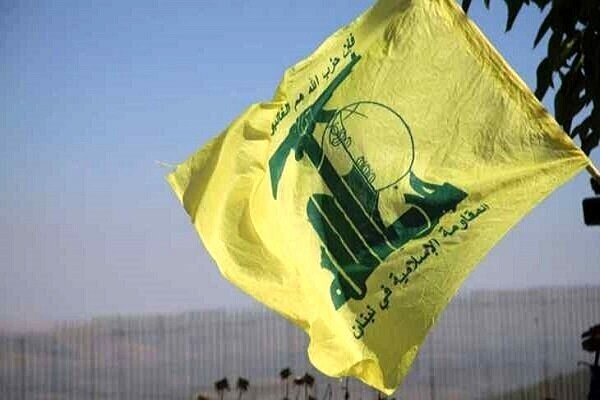The strategic superiority of the Lebanese resistance in the battle with the Zionist regime’
In the past weeks, there have been movements in the north of Israel and the tensions between the Zionist regime and Lebanon’s Hezbollah are increasing. For Israel, the northern front is a place that can send the refugees from Gaza to the Lebanese border and transfer the tension from the center to the periphery. It is considered a serious obstacle.
In addition, after October 7, the Israeli domestic public opinion does not believe in the superiority of the Israeli army as in the past. The expansion of the war outside of Gaza in the macro dimension will lead to the more complicated situation and plunge the region into a full-scale war situation, in the smaller dimension, the confrontation with Hezbollah will not be similar to the past battles. Hezbollah’s military and political progress is such that even some Israeli internal experts believe that entering into a direct confrontation with Hezbollah will not benefit the Zionist regime and will lead to unforeseen losses.
Improvement of defensive and offensive power in less than two decades
Hezbollah’s existential philosophy is opposition to the Zionist regime. In fact, Hezbollah has defined its existence in opposition to Israel; Therefore, increasing the military power of this group is considered a threat against Israel’s interests in any situation. In the 1980s and 1990s, there were several periods of conflict between Tel Aviv and Hezbollah, in 2000, Hezbollah managed to withdraw the Israeli military forces from Lebanon, and in 2006, the battle between Israel and Hezbollah ended with the superiority of Hezbollah.
Since 2006, Hezbollah has gone through a difficult but fast process and now it is considered the largest non-state group in the world in terms of the amount of military weapons. During these years, Hezbollah has created a network of underground tunnels in the south of Lebanon, which causes Israel to be in trouble, especially after failing to experience this way of fighting from Hamas.
In addition to the above, after experiencing the Syrian war and the fight against terrorist groups in this country, Hezbollah has increased its logistics capabilities and learned how to use many modern military equipment. Hezbollah’s missile capability in 2006 was limited to a few short-range missiles, but now, along with increasing its missile power in both offensive and defensive dimensions, the party has focused on about 200,000 long-range missiles, which it is capable of attack the vital military positions of Israel.
In addition to improving its military power, Hezbollah has also undergone positive developments from the point of view of politics since its last direct battle with the Zionist regime and is now considered an important actor in the field of Lebanese politics. Hezbollah plays a role in the Lebanese cabinet as a politically active party. The current political weight of Hezbollah will enable it to play a wide role and benefit from military and political support both inside and outside of Lebanon. On the other hand, Hezbollah’s use of the media and the increase in the soft power of this trend have created a situation where Israel will not win the war of narratives like in the past.
Conclusion
Israel’s entry into the northern front and direct confrontation with Hezbollah is a strategic mistake and will have disastrous results for Tel Aviv. A direct confrontation with one of the powerful members of the resistance axis will reveal the reality of the Zionist regime’s intelligence and military deficiencies more and more. A direct conflict between Hezbollah and Tel Aviv, considering the improvement of Hezbollah’s military power in the last two decades, will be a quagmire from which it is almost impossible for Netanyahu to get out of it.

